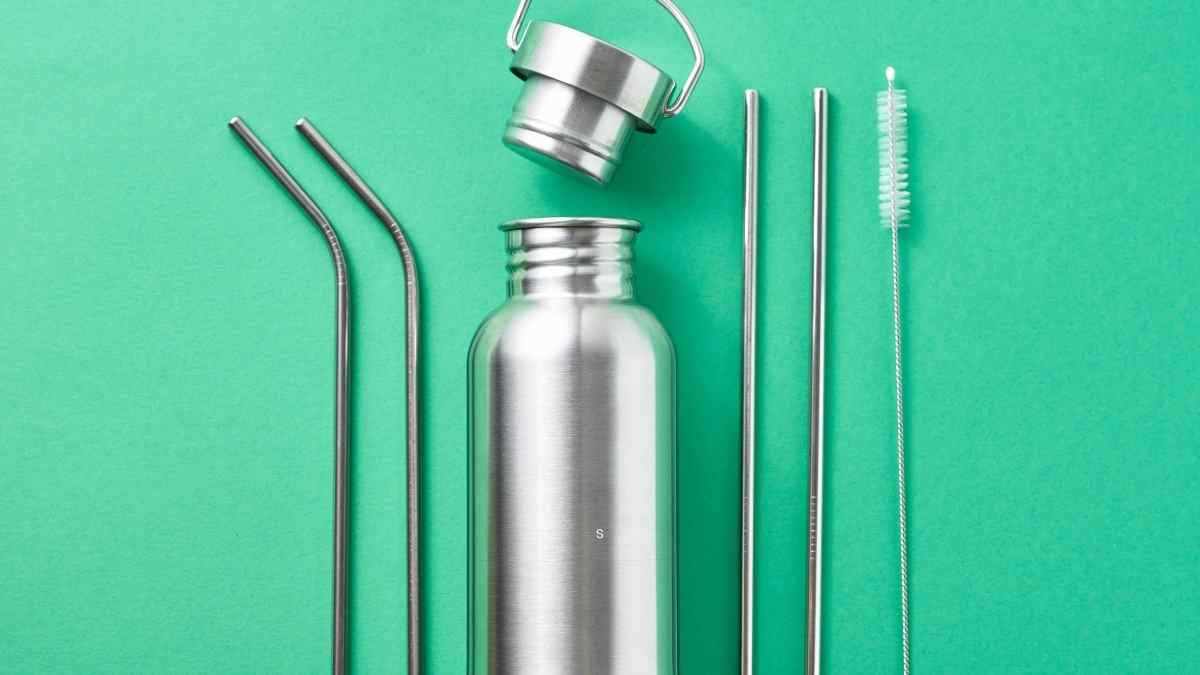Adapting your home to a Zero-Waste household can be a massive change in mindset. There are some huge benefits to living a more Zero-Waste lifestyle.
But it’s essential to consider the sustainability aspect of everything you do to give a little back to the environment.
Zero-waste products are not only a fantastic way to do your bit for the planet, but they are a great way to stay productive and also live a healthier lifestyle.
They ensure you don’t waste your time or money and help to maintain the planet’s natural resources and economy all at the same time.
Zero-waste products in your home come in all shapes and sizes, and they’re usually items that you don’t consider to be wasteful at first glance.
Diving a little deeper into your household routine will allow you to scrutinize and remove wasteful products from your home.
The 7 Must-Have Zero-Waste Products
1. Compost Bin
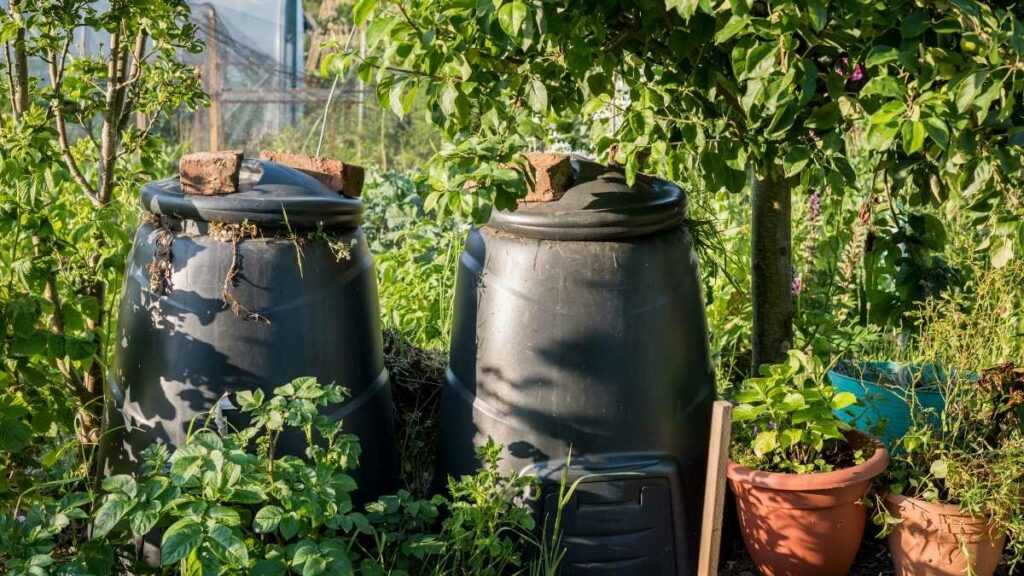
Buying fruits and vegetables is great to keep you healthy, but the reality is that they don’t last that long. You’ll probably throw away half of your fresh food before you get to eat it. This wastes your money and the valuable time and resources of the farmers that grow it.
Compost bins are the ultimate waste-saving product. You can tip all your leftovers from dinner and anything you don’t use in there. After a few months, the food will reduce, rot away, and the fermentation process will have converted your scraps into nourishing compost to help your plants grow.
-
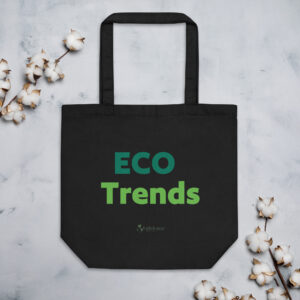
Fashionably Green and On-The-Go
£16.50 Select options This product has multiple variants. The options may be chosen on the product page -
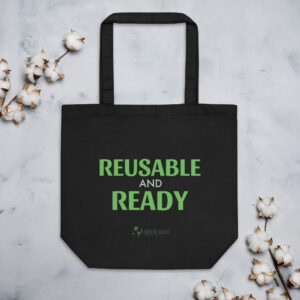
Reusable and Ready Eco-Friendly Tote Bag
£16.50 Add to cart
You could even grow your own vegetables in your garden using the compost you made, saving yourself time going to the shops for odds and ends and saving on fuel to get there, reducing your carbon footprint. Plus, easy access to vegetables is bound to improve your diet.
Compost bins are a great way of working towards zero-waste gardening.
2. Tupperware Freezer Boxes
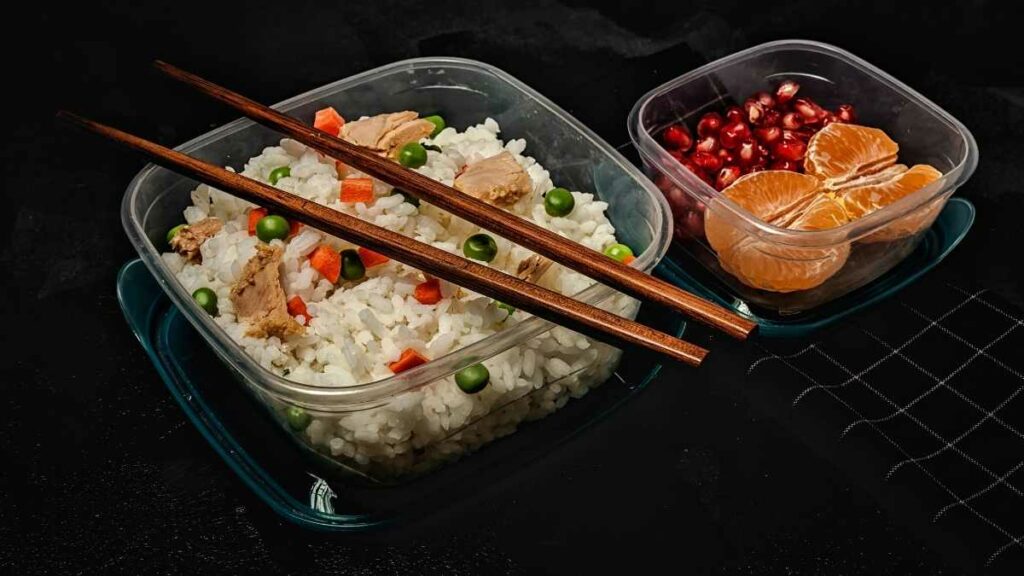
You can never have too many sealable plastic boxes. Batch cooking is an excellent way to save on waste. You can use all of the packets of ingredients you buy to make a large batch of food so that you won’t throw anything away. You also save energy and your own time by only having to cook once if you make larger batches.
Tupperware containers for your freezer allow you to make a week’s worth of meals in one day, then just take them out before you need them. If you create stickers with the date you made each batch to stick on the container, you can eat the oldest meals first, so you know that you’re never wasting anything.
Some Tupperware can be recycled too, which makes it better for the environment if the tubs become broken.
3. Microfiber Cloths
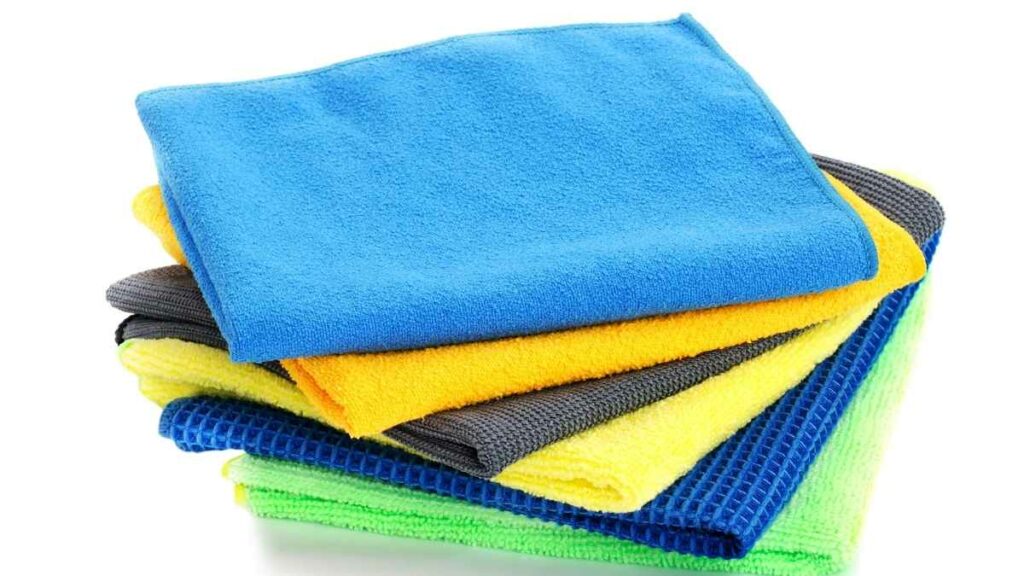
It’s common for people to buy roll after roll of paper towels or disposable anti-bacterial wipes to clean up spills in the kitchen. However, the cost to the environment to make paper towels is massive, using hundreds of trees per year so that we can wipe the spilled milk. Anti-bacterial wipes also cause problems for drainage if people flush them and take years to bio-degrade.
Instead, microfiber cloths are the perfect alternative. They can be used repeatedly, quickly dry out after use, and actually do a much better cleaning job. When they’re dirty, just throw them in the wash and reuse them.
The recycling aspect of microfiber clothes is a great way to save valuable resources and your own money.
4. Soap
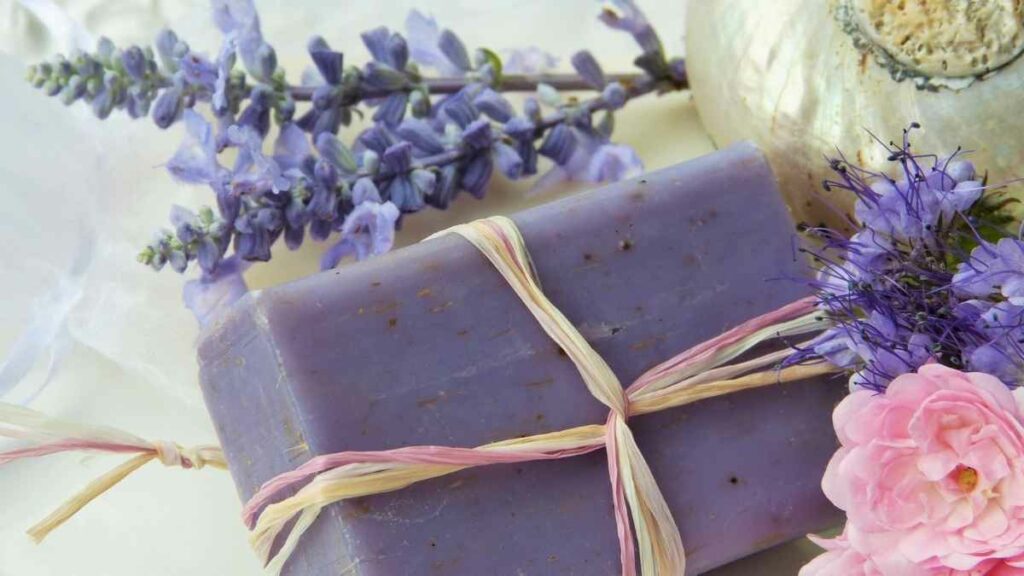
Who’d have thought that just a simple bar of soap could be more sustainable than body wash? Well, although some soaps contain ingredients that can be harmful to the environment – palm oil, for example, they are still much better for the environment on the plastics front.
Soap typically comes packaged in paper or very thin plastic wrapping that is biodegradable in a short time.
However, your shampoo bottle or a body wash bottle can take up to 450 to decompose entirely after it’s thrown out. Not to mention the fossil fuels used to make the bottle in the first place.
Using a soap bar or even shampoo bar rather than liquid soaps saves on wasted energy and plastic production, and it will even last you much longer too, so it saves you some cash. Natural soap and shampoo bars also typically contain fewer synthetic ingredients, so they’re better for you too.
5. Chilly Bottles
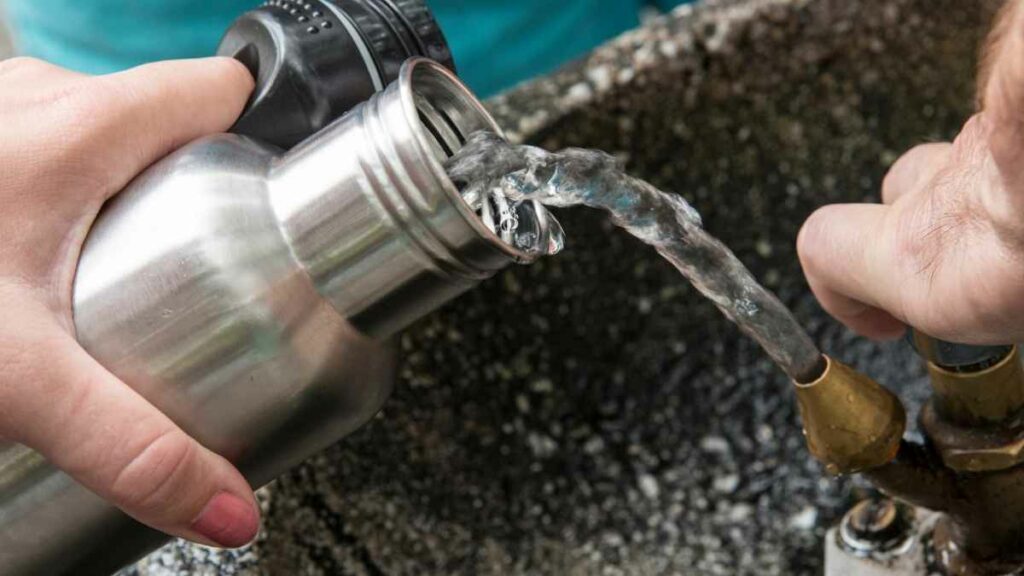
You probably think nothing of reaching into the fridge to pull out a fresh bottle of water. But actually, the amount of energy used to make each individual bottle of water is massive. Do you really need a new bottle each time?
Water is free, so use a recyclable container instead and get the water directly from your tap.
Chilly bottles are specially designed to keep your water cold for longer, so you can wash and refill as many times as you like and still have the same clean, freshwater experience that you’d get with a plastic bottle.
6. Metal Straws
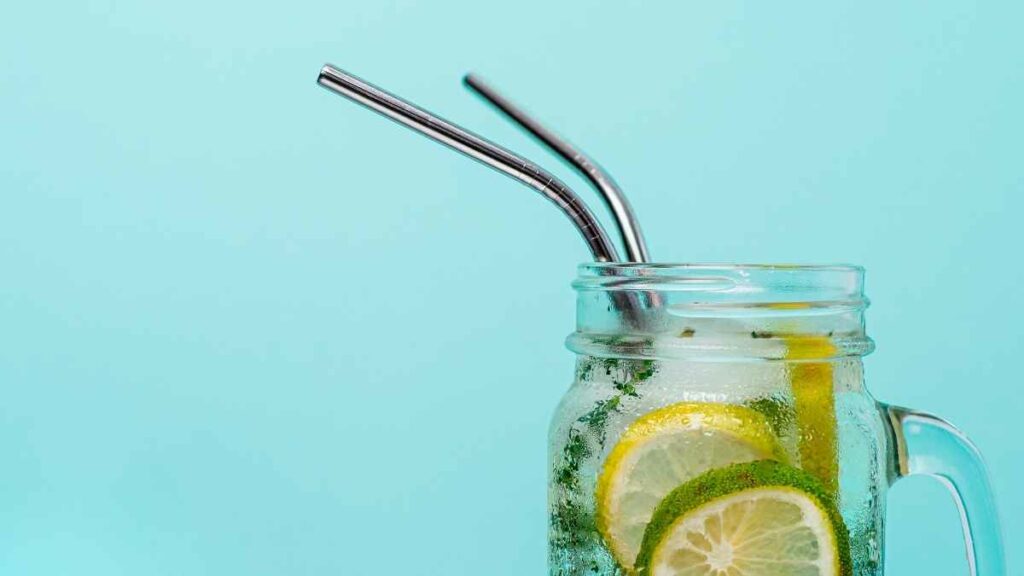
The world these days is switching up to paper straws rather than plastic, which is excellent from an environmental standpoint.
It’s a fact that all baby turtles are now born with fragments of plastic in their stomachs because there’s so much plastic content in our oceans.
However, to be absolutely zero-waste, you could go one step further. Even paper straws need to come from somewhere, and unfortunately, that’s our forests.
When you get a drink, consider whether you actually need a straw at all? If you’re insistent that a straw is necessary to make the perfect drink, then why not try a metal one? They’re reusable and washable and will last much longer than a paper straw in liquid too.
7. Cloth Handkerchiefs
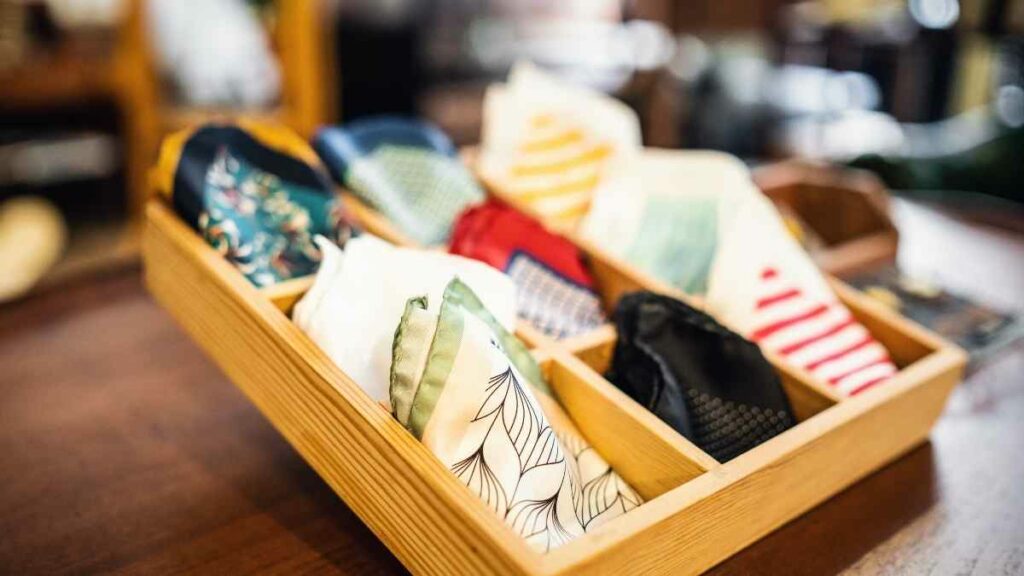
Cloth handkerchiefs appear to be a thing of the past.
In recent years, society has switched to paper tissues as a more hygienic, single-use alternative.
However, the older generation actually had the right idea. Rather than using boxes of single-use tissues every time we have a cold, why not try using just a few cloth hankies? They’re reusable, so there’s no waste. They’re washable, so you get a clean, fresh smell each time, and they’re actually kinder to your nose when you’re ill.
Final Thoughts
Living a zero-waste lifestyle doesn’t come easily. You shouldn’t expect to change everything right away.
However, just making a few small changes to your lifestyle over time can help you get rid of wasteful products, help out the environment to secure your future, and even make you a little healthier. It’s a win-win concept.

